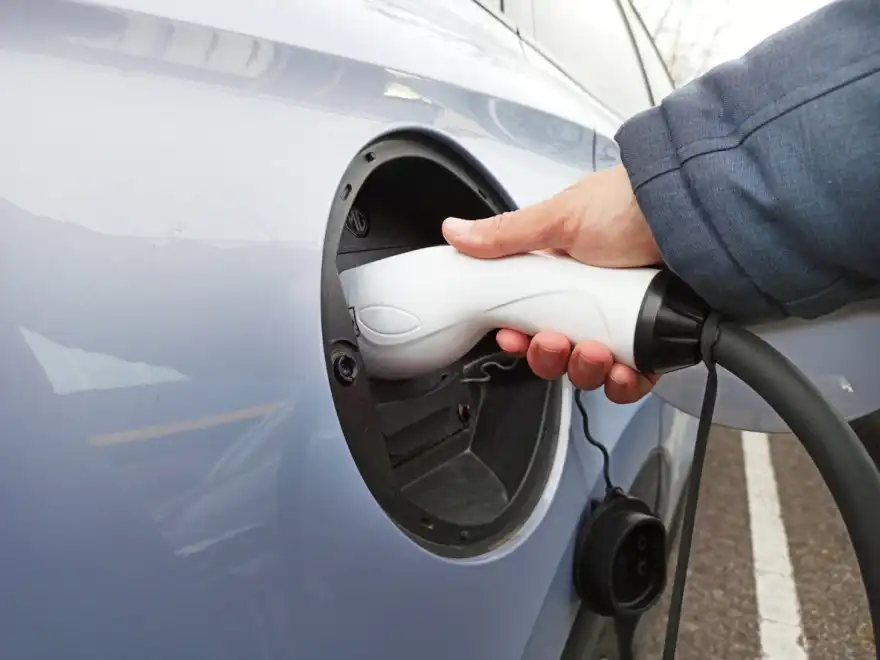
Electric car drivers in the UK are in for a financial shock as running costs spike from April 1st.
Thanks to a combination of new car tax rules and an energy price cap hike, EV owners will collectively be paying an extra £22.3 million per month.
How much will my EV bills rise by?
For the first time, EV owners will have to pay car tax, which has previously been waived to encourage adoption. Most EV drivers will now owe the standard annual £195 in VED under new rules introduced by the Chancellor. For those buying a brand-new EV after April 1st, there is also a £10 first-year 'showroom tax'. From year two onward, EVs will be taxed the same as petrol and diesel cars.
If your new electric car costs over £40,000, you will also have to pay the 'expensive car supplement', which is an additional £425 per year for five years on top of the standard VED rate.
For EVs registered between April 1, 2017, and March 31, 2025, owners will be immediately moved to the standard £195 yearly tax. Older EVs registered from March 2001 onwards will fall into the lowest VED band, paying £20 per year.
As if the tax hike was not enough, the energy price cap is also increasing. Ofgem’s quarterly review means that from April 1st, the cap will rise by 6.4 percent, pushing the average household’s annual energy bill up to £1,849, an increase from £1,738. For EV owners who charge at home, the price jump means a full charge for a 60kWh battery will increase from £14.91 to £16.21, an extra £1.30 per charge.
Despite the increase, home charging is still significantly cheaper than public charging. According to the AA’s February Recharge Report, home charging at 7kW costs 25p per kWh, meaning it costs approximately £10 to reach an 80 percent charge, which translates to about 5.65p per mile. In contrast, public charging at 7kW averages 52p per kWh, costing £20.80 to reach an 80 percent charge, or about 11.69p per mile.
According to digital car finance lender Carmoola, the total monthly cost for electric car drivers—including Vehicle Excise Duty (VED) and charging—will now hit £55.4 million.
What does this mean for EV adoption?
Industry experts warn that these rising costs could slow EV adoption. Chris Rosamund from Auto Express stated that "With private EV uptake already struggling and cost being one of the main deterrents for potential buyers, this change risks slowing adoption at a critical time.
"The Government should be supporting drivers in making the switch to EVs, not penalising them."
Even Carmoola’s CEO, Aidan Rushby, expressed concern, noting that nearly a third of Britons already say they would avoid switching to an EV due to rising energy costs, and this latest increase is likely to push that number even higher.
How to Cut Your EV Running Costs
If you already own an EV or are considering one, there are some steps you can take to save money. Charging at home whenever possible is recommended, as public charging is nearly double the cost. Checking for off-peak tariffs is another option, as some energy providers offer overnight rates that are much cheaper. Planning long journeys carefully and using cheaper charging points instead of expensive fast chargers can also help manage costs. While energy prices may drop in July, the tax changes are here to stay, making it important for EV drivers to adjust their budgets accordingly.




